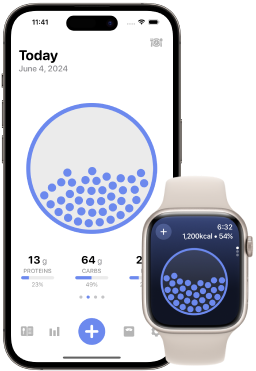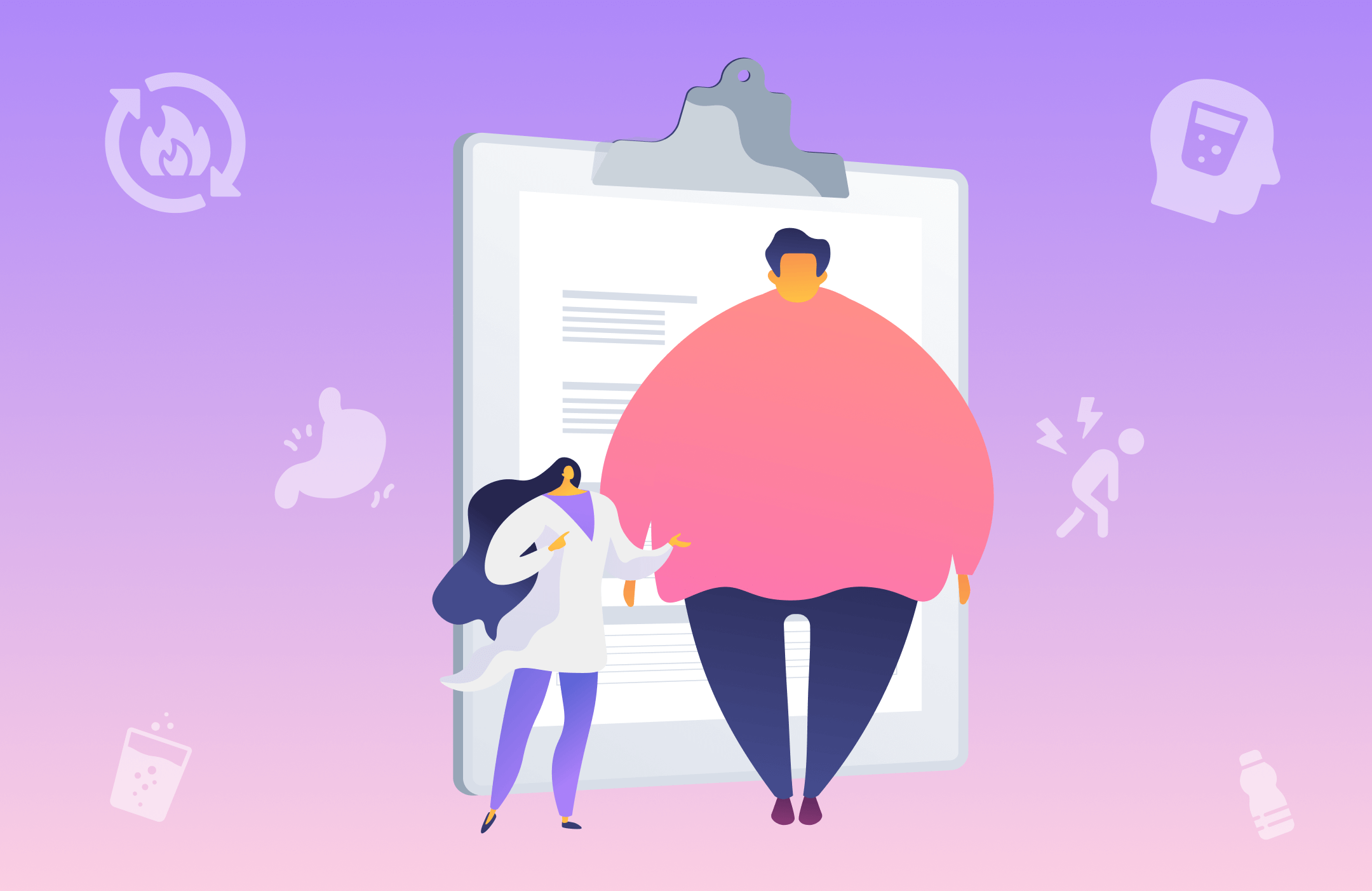
Can Dehydration Make You Gain Weight?
We often hear that drinking more water helps with glowing skin, better energy, and a stronger immune system. But did you know that not drinking enough water can mess with your weight too?
It might sound odd—how could a lack of water lead to weight gain? After all, water has no calories. But dehydration can quietly interfere with your body’s normal functions in ways that might surprise you. From slowing down your metabolism to making you crave food, the effects of not drinking enough water can really add up.
Let’s dive into how dehydration can affect your weight and what you can do to stay hydrated and healthy.
What Is Dehydration?
Dehydration occurs when your body uses or loses more fluids than you take in, and it doesn’t have enough water to carry out its normal tasks. Our bodies are made up of around 60% water. Every cell, tissue, and organ depends on water to work correctly. Water helps with digestion, keeps your body temperature normal, moves nutrients around, and removes waste. Even a small drop in fluid levels can cause your body to struggle. Mild dehydration can show up as a headache or tiredness, but long-term dehydration can have deeper effects, one of which may be unexpected weight gain.Water and Weight: What’s the Connection?
Well, it is easy to assume weight gain only comes from eating too much or not exercising enough. But water does play a huge role behind the scenes in managing your weight. Even though water has no sugar or calories, being dehydrated can still lead to behaviours and body changes that promote weight gain. This includes overeating, a slower metabolism, poor digestion, and water retention. So, if you are dealing with bloating or stubborn fat, low water intake can be a huge factor contributing to the problem.
1. Thirst Can Feel Like Hunger
One of the simplest and sneakiest ways dehydration can affect your weight is by confusing your brain. When your body needs water, the thirst signals it sends to your brain are sometimes mistaken for hunger signals. That means you might think you are hungry when, in reality, you are just thirsty. Hence, this confusion often leads to mindless snacking, also known as false hunger eating. Where you might eat more than you need because your brain is trying to compensate thirst with hunger. So, the next time you feel hungry out of nowhere, try drinking a glass of water first. Wait 10-15 minutes. If you are still hungry, eat something nutritious. If not, it was probably just thirst.2. Slower Metabolism
Your body needs water to perform essential metabolic functions. Without enough hydration, the rate at which you burn calories, you metabolism, can slow down. When you are hydrated, your body can convert food into energy more efficiently. Water helps in lipolysis, meaning a metabolic process that breaks down fat stores into fatty acids and glycerol. Studies show that drinking water can temporarily boost your metabolism. So staying hydrated not only helps your body run better but man also help you burn more calories throughout the day.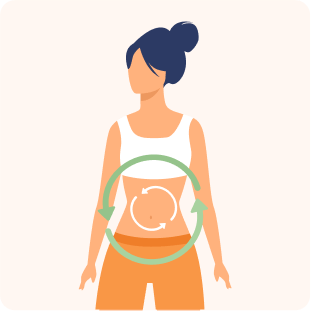
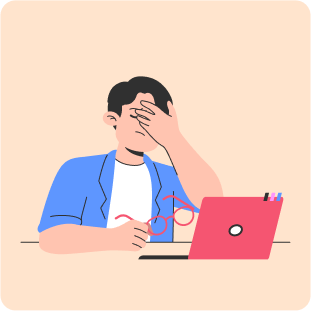
3. Water Retention from Dehydration
Not drinking will make your body store water! Yes, not believing? So, here’s what happens. When your body senses that it’s not getting enough fluids, it starts holding on to whatever water is left in your system. This is a survival mechanism, but it can make you feel bloated or heavier. Water retention can especially show up around your belly, hands, ankles, or feet. It might make your clothes feel tighter, and your weight might appear higher on the scale, even if you haven’t gained fat.4. Less Energy, Less Movement
When you are dehydrated, you feel tired and drained- even if you have had a good night’s sleep. This lack of energy can lower your motivation to move, exercise, or stay active during the day. Less movement means fewer calories burned. Over time, even small changes in physical activity can add up and contribute to weight gain. Also, if you exercise while dehydrated, you may not perform as well, get tired faster, or feel dizzy, which increases your chances of skipping workouts altogether. Stay energized by sipping water before, during, and after physical activity.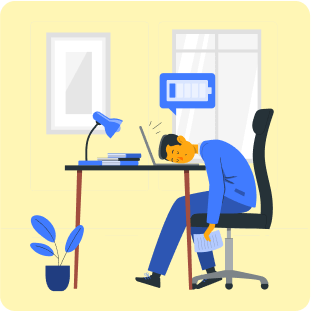
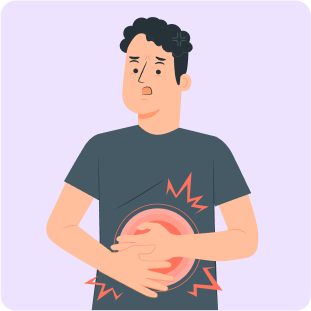
5. Poor Digestion and Constipation
Water helps move food through your digestive system and keeps your gut healthy. If you’re not drinking enough, your digestion slows down. This can lead to constipation and bloating. When waste builds up in your body due to poor digestion, it can leave you feeling puffy and uncomfortable. While it’s not actual fat gain, it still adds temporary weight and may impact your overall well-being. Hydration keeps everything flowing smoothly, literally.Signs You Might Be Dehydrated
How do you know if you are drinking enough water? Here are some of the warning signs of dehydration:Dark yellow or strong smelling urine
Dry mouth or cracked lips
Headaches or brain fog
Low Energy or fatigue
Feeling Lightheaded or dizzy
Dry or flaky skin
Sugar or salt cravings
How Much Water Should You Drink?
A common recommendation is:
Women : About 2.7 liters (roughly 9-11 cups) per day
Men: About 3.7 liters (roughly 13-15 cups) per day
This includes all fluids you consume-—water, herbal tea, milk, soups, and water-rich foods like fruits and vegetables.
